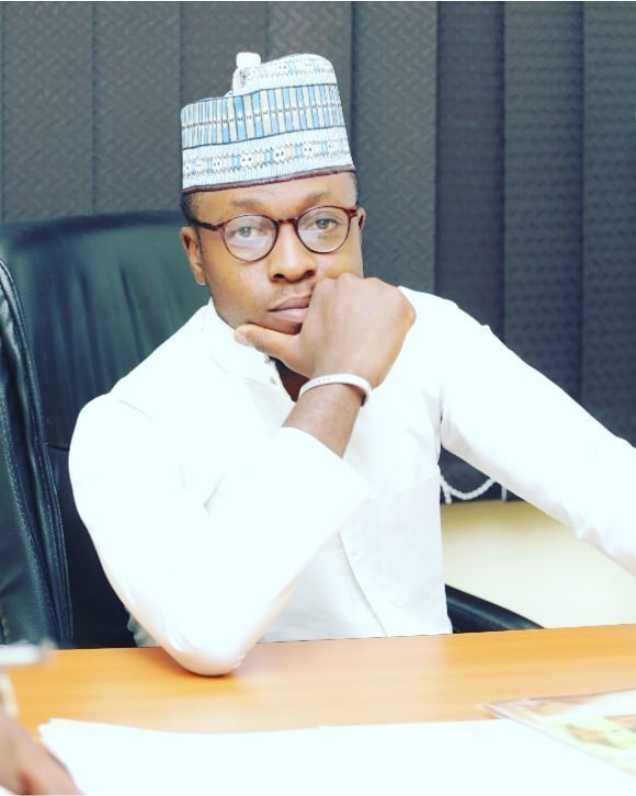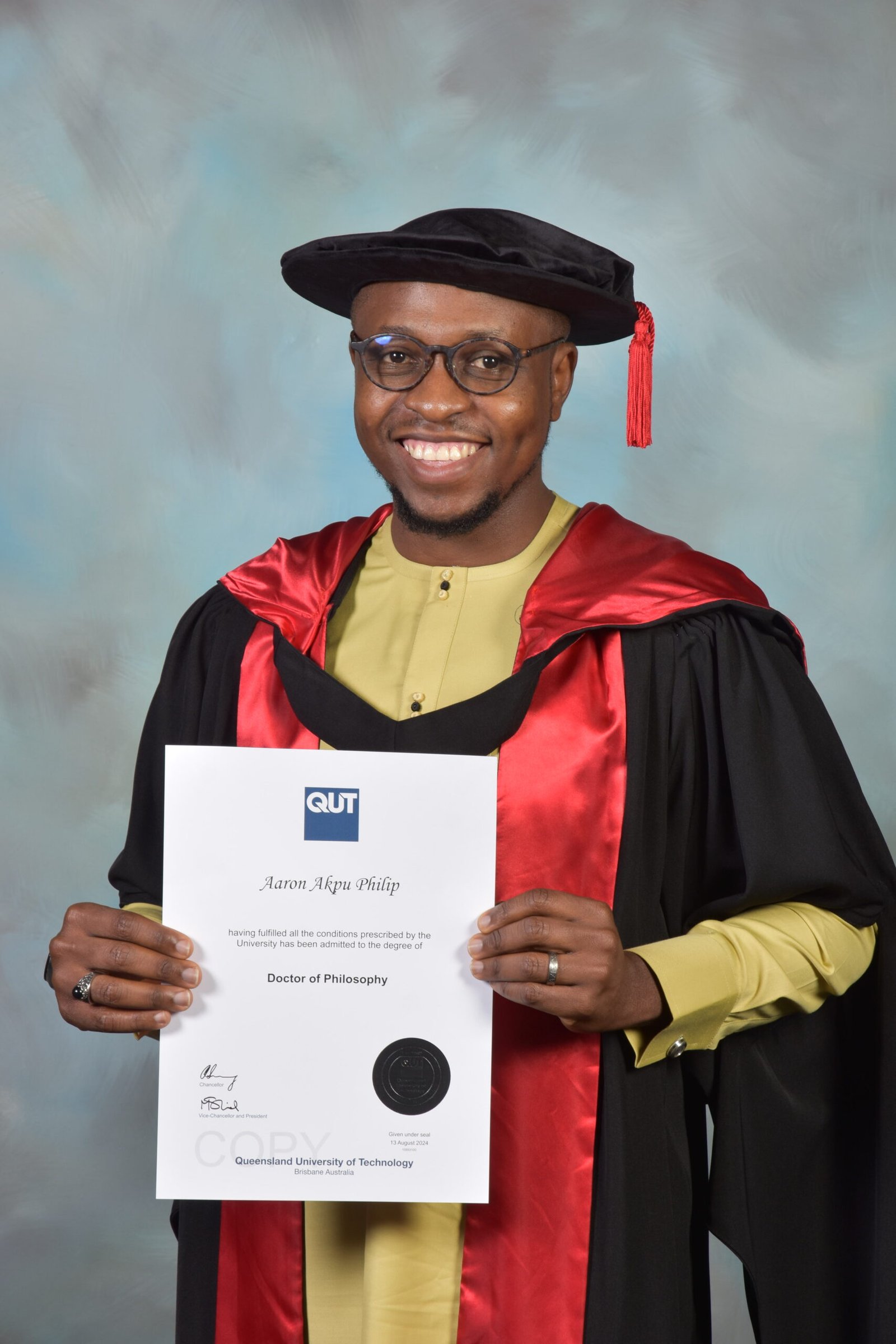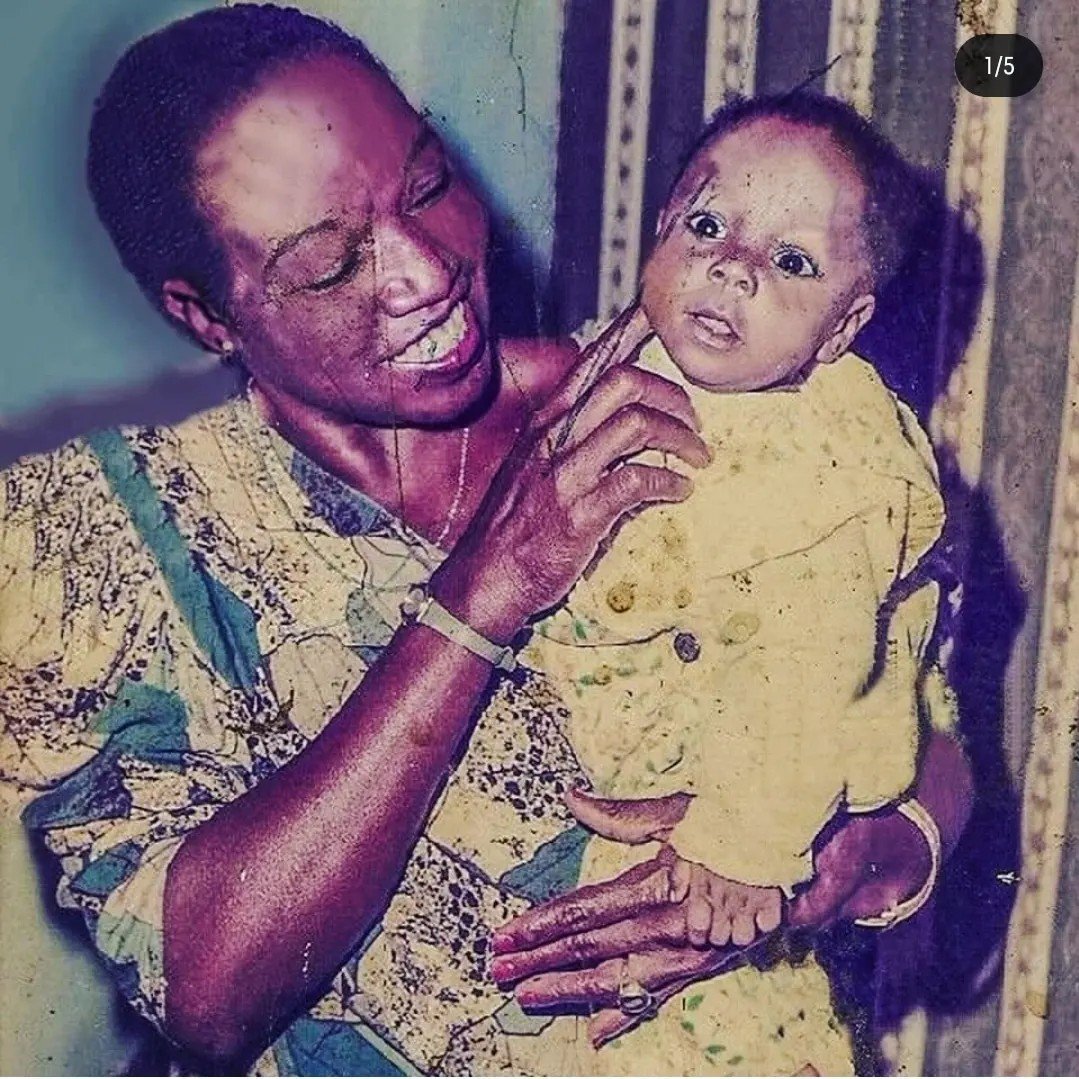
Hi Friends,
This is a conversation between a Lecturer and a 1st class graduate who completed top of his class in one of Nigeria’s state universities.
Paul: Sir, I made a first class, but I have been told I cannot be retained as a Graduate Assistant
Lecturer: (Shocked): But why? You are the best-graduating student in the faculty, why can’t you be employed?
Paul: The reason was I am not from this state.
Lecturer (infuriated and shocked): Just that?
Paul: Yes sir.
Paul toiled hard for several years to graduate top of his class but unfortunately cannot be employed by the University he graduated from. His crime is that he is not an indigene of the state. Many have suffered far more devastating deprivations and missed opportunities because they are not indigenes, despite being Nigerians. This painful deprivation occurs in the Education, Health, Agricultural and all sectors in our developing countries. A few scenarios come to mind:
1. When applying for a job, you must provide a State/Local Government Indigene form. Many have argued that because of our multi-ethnic and multi-religious country, this will allow for equitable distribution of jobs and resources. Although this bears some truth, it has also led to the employment of many unqualified people who deeply hurt the Nigerian state. Unargubaly, this has led to the employment of many fake/ghost teachers, doctors, etc. If I live in Abia state, why cant I apply for a job in the Abia State Civil Service Commission without being faced with the question of “Are you an indigene?”. Sadly, you find Nigerians from a particular state having several Local Government Area (LGA) indigene forms in the bid to be safe when there is a call for employment. Imagine the tragedy- that as an indigene of Nasarawa state, I need to have multiple LGA indigene forms as a strategy of wanting to be employed.
2. As a student in the University, my friends who were from other states had to pay twice the amount of tuition fee. Their crime? “Non-Indigenes”!!! The burning question remains “Why do non-indigenes have to pay more than the supposed indigenes?” Are they taught by different lecturers? Or do they use different school facilities?
Many might argue that we need indigenisation for various reasons but in all my years of existing and rising the academic and professional cadre, I have observed indigenisation to be highly problematic. It drives most of the cultural clashes that have laced our country.
I argue that although indigenisation may hold some benefits, I have witnessed more divisions and chaos from it. I join many to posit that:
“STATE OF ORIGIN/INDIGENISATION BE REPLACED WITH STATE OF RESIDENCE OR STATE OF BIRTH”.
Until we change this narrative, many of the problems that plague us will remain.
My name is Aaron Akpu Philip and I am NIGERIAN.

THE MAKING OF DR. AARON AKPU PHILIP (DR AAP)

LIFE CAN COME FROM DEATH: MY PERSONAL FIGHT WITH HIV/AIDS

THE PHD JOURNEY IS OVER

AN IMAGINED CONVERSATION

TAKE ADVANTAGE OF THE FAILURE


